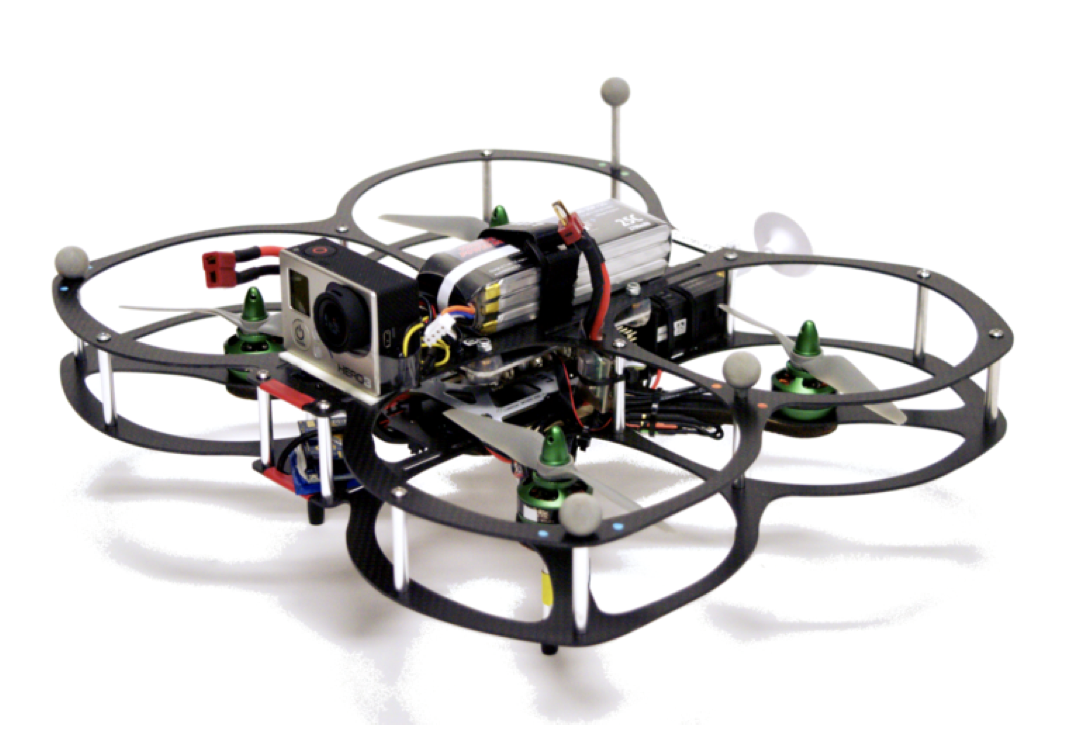
Online Adaptive Teleoperation Via Motion Primitives for Mobile Robots
Assistive teleoperation aims to help operators control robotic systems with ease. In this work, we present a novel adaptive teleoperation approach that is amenable to mobile systems using motion primitives for long-duration teleoperation, such as exploration using mobile vehicles or walking for humanoid systems. We first describe teleoperation using motion primitives, which are dynamically feasible and safe local trajectories based on a kinematic or dynamic model. We take a predict-and-adapt approach to assistive teleoperation, whereby adaptation is based on the predicted user intent. By representing the operator as an optimizing controller, a probabilistic distribution can be constructed for the available future actions based on some reward function. Adaptation is provided in the form of subsampling, which tailors the set of available actions based on the likelihood of action selection. We describe the framework for general systems and delineate the extrapolation to ground, air, and legged mobile robots, and demonstrate generalizability of this framework on two systems via simulation and experimentation; namely, a quadrotor micro air vehicle, and a simulated 3D humanoid system. Both systems show probably better performance in teleoperation by measures of behavioral entropy.
People
Xuning Yang
Nathan Michael
Robots



